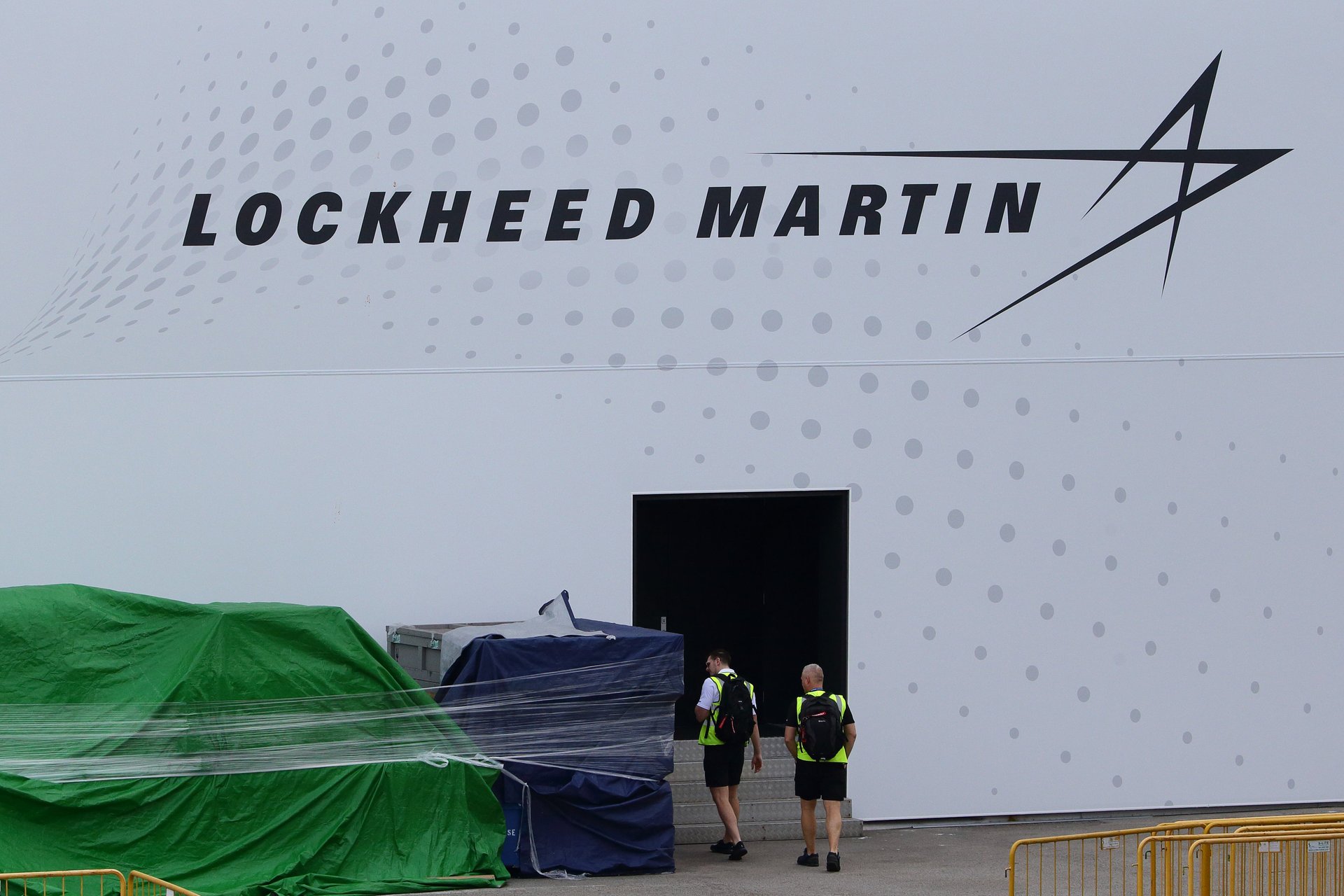China sanctions US military companies supplying arms to Taiwan
The order targets Raytheon and Lockheed Martin and comes amid heightened tensions between the two countries.

China officially put Lockheed Martin and a subsidiary of Raytheon Technologies on an “unreliable entities list” after they sold weapons and military technology to Taiwan. The move is the latest in a series of microaggressions that have recently increased tensions between China and the US.
The Chinese Commerce Ministry announced the sanctions on Feb 16. The designation means that the two American companies are banned from “engaging in import and export activities related to China.” Neither company now sells military products to China, although Raytheon does sell airplane parts to commercial airlines based in the country.
Lockheed Martin said in a statement that it always adheres to US government policy when conducting business with foreign governments, adding that “foreign Military Sales are government-to-government transactions and we work closely with the US government on any military sales to international customers.”
The Chinese government also fined the companies more than double the amount they stand to make from their contracts with Taiwan. It is unclear, however, how China would enforce such a fine.
The US has long sold arms to Taiwan. It’s in fact bound by the 1979 Taiwan Relations Act to provide the island nation with the means to defend itself. This support for Taiwan has also long irked China, which still claims Taiwan as its own.
China announced its intention to sanction US companies back in 2019 as a retaliation for the US ban on Huawei, a Chinese telecom company that the US feared could further enable the Chinese to spy on the US.
🇰🇷 South Korea: US troops have been stationed in South Korea since the 1950s proxy war against the North. There are now 28,500 active service members in the country, spread across 15 military bases.
🇯🇵 Japan: There are 56,000 US soldiers based in the island nation, more than any other country in the world. The relationship between Japan and the US military dates back to the end of World War II, when Japan ratified a new constitution that prohibited it from having a military and arranged for the US to manage its national defense, something the current Japanese government is looking to change.
🇹🇼 Taiwan: The US has no official relations with Taiwan, which means the US Armed Forces has no official presence there either. There are, however, 39 unofficial personnel stationed on the island, including 29 Marines, two service members from the Army, three from the Navy, and five from the Air Force.
🇵🇭 Philippines: Earlier this month, the Pentagon announced an increase in soldiers posted in the Philippines, hoping to counter Chinese dominance in the region. There are now just 196 active-duty soldiers stationed there. It’s unclear how many will be added.
Tensions are always high these days between China and the US, but they took a turn for the worse after the US shot down a Chinese spy balloon off the coast of South Carolina earlier this month. The balloon, which captivated the nation as it floated across the continental US, has become a symbol of China’s increasingly aggressive stance toward relations with the US.
Coincidentally, Lockheed Martin manufactured the fighter jet that shot down the balloon in American airspace. The US is planning its own sanctions on any companies that were involved in the making of the balloon.